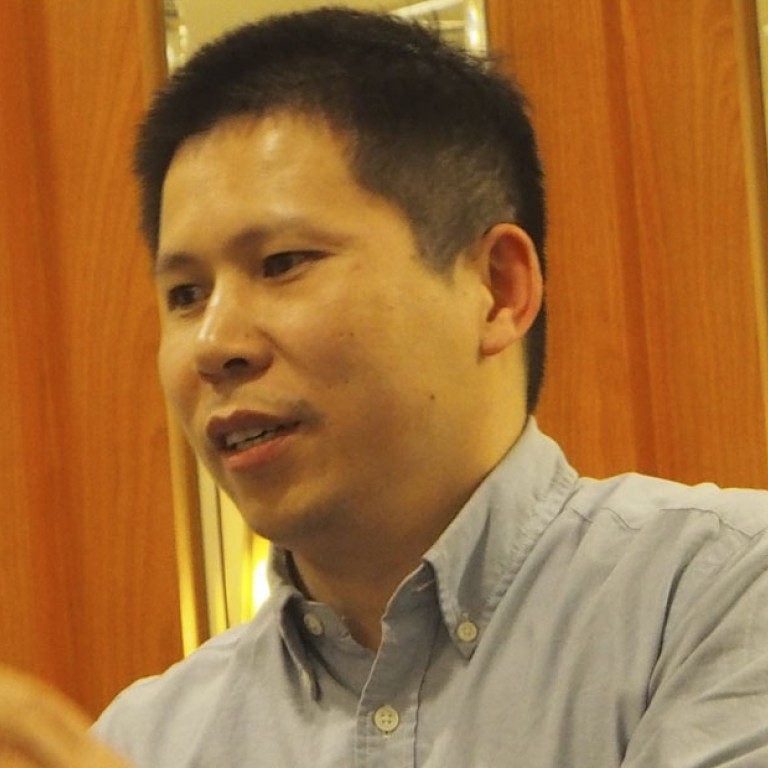
Jailing of Xu Zhiyong raises questions about Xi Jinping's war on graft
If there is one thing that defines President Xi Jinping's rule it is his stand against official corruption. Xi has emphasised the importance of the rule of law in rooting out what is seen as a threat to the party's future. However, the trial and jailing of human-rights lawyer Xu Zhiyong for four years has confounded that idea.
If there is one thing that defines President Xi Jinping's rule it is his stand against official corruption. The authorities have detained a number of senior officials on suspicion of graft and appear to be far from done with high-profile cases. Many more people have been disciplined. Through it all Xi has emphasised the importance of the rule of law in rooting out what is seen as a threat to the party's future. It might be expected, therefore, that there would be more tolerance of public advocacy of basic principles of clean government, such as transparency and accountability, rather than treating it as dissent that undermines the state.
The trial and jailing of human-rights lawyer Xu Zhiyong for four years has confounded that idea. He and seven others from his New Citizen movement were charged with assembling a crowd to disrupt public order. His real "crime" was to organise a campaign for rules to compel officials to disclose their assets which is, after all, consistent with the letter and spirit of the leadership's drive against corruption. Far from challenging the government or inciting the overthrow of the Communist Party, Xu was advocating steps the government could be expected to take in pursuit of its goal of making China a more equitable society. His jailing is regrettable.
His prosecution is a reminder of the continuing intolerance of criticism and social activism. It sends a message that when it comes to dealing with officials who abuse their power, the party will go it alone and that there is no role for civil society in keeping government open and honest.
These trials are among recent events that raise questions about how far Xi will take his anti-corruption campaign. The other is Beijing's silence on and suppression of a report by the International Consortium of Investigative Journalists that several family members of China's political and military leaders are among mainland and Hong Kong residents who store wealth in offshore companies based in the tax haven of the British Virgin Islands. That is not necessarily illegal, but it highlights a lack of transparency that prompts public suspicion about the wealth of the families of the elite and fuels disrespect for authority.
That said, Xi has to try to root out corruption without risking the unity and legitimacy of the party. Perhaps activist pressure is seen as an undue risk to both. However, if Xi really wants his anti-corruption stand to define his rule he must back up words with actions that enshrine accountability and transparency.

